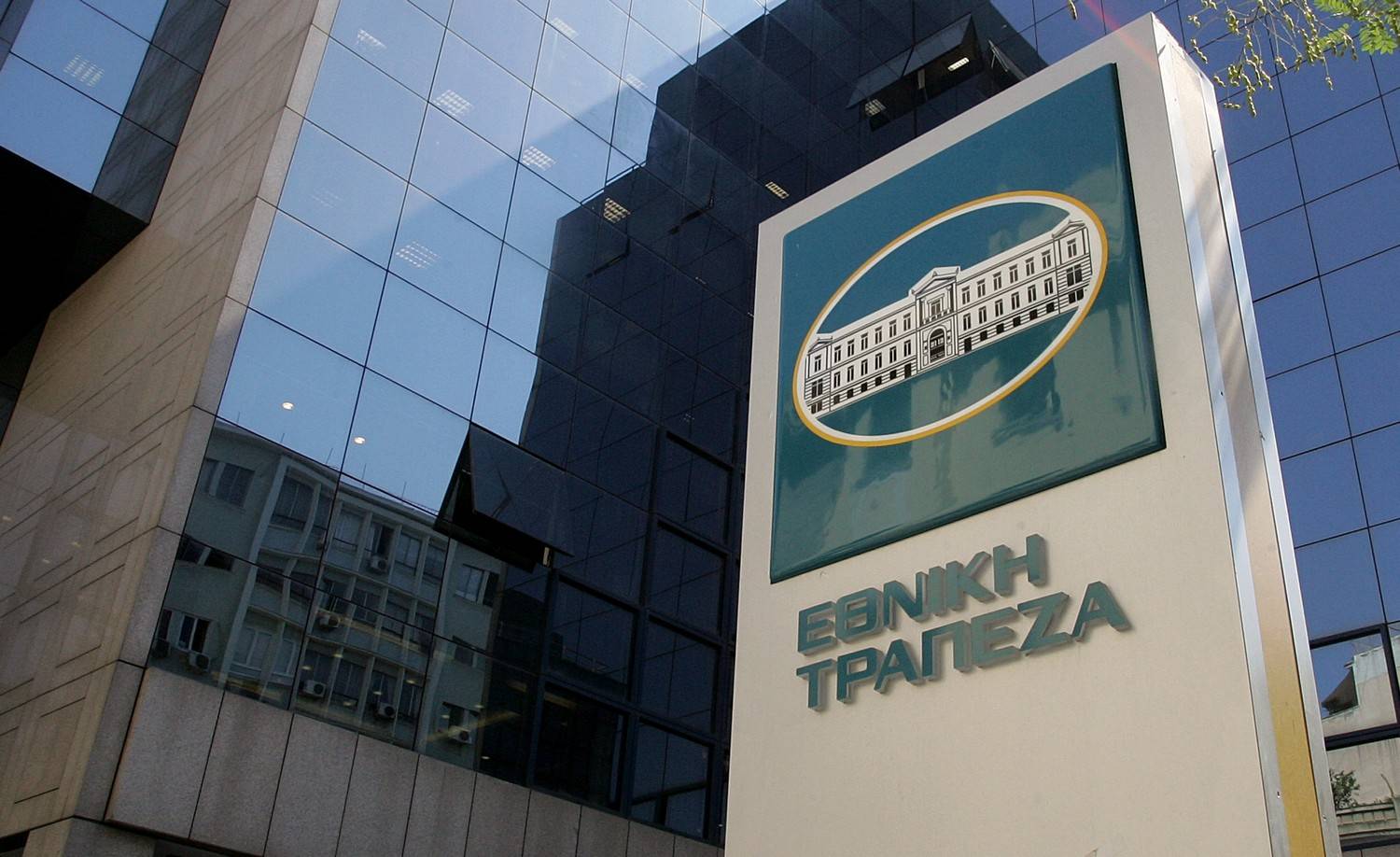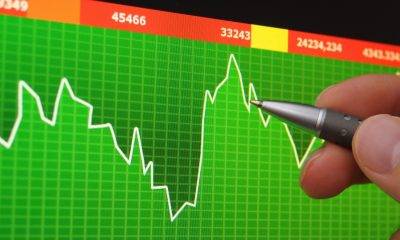

Banking
Bank of Greece – Greek bank deposits to rise in 2017
Bank deposits in Greece is expected to rise in 2017, according to a Financial Stability Report released by Bank of Greece
The central bank, in the report, said that despite a decline in deposits in the first quarter of the year because of uncertainty over reaching an agreement between Greek authorities and its creditors on completing a second review of the Greek bailout program, completion of the review was expected to contribute in the reversal of the negative trend in the second half of 2017.
A rise in deposits will reflect market confidence over the improvement of macro-economic outlook, while a significant role will play a return of cash currently outside the banking system, also linked with the establishment of a climate of confidence in markets.
Credit to households was not expected to rise this year, although credit to small- and medium-sized enterprises, innovation and startups was expected to grow in cooperation with the European Investment Bank (EIB). The central bank, however, noted that long-term loans were declining as criteria were expected to become stricter.
The Bank of Greece said lending from the interbank market has expanded and becomes one of the alternative funding sources for the Greek banking system. Borrowing from the interbank market is made mostly by foreign banks and grew significantly in the first quarter of 2017 (March 2017: 19.6 billion euros, December 2016: 18.2 billion, September 2016: 16.8 billion euros) to fall to 16.3 billion in May 2017.
The central bank expects Greek banks to gradually reduce their borrowing from the ELA mechanism in the future, partly because of a gradual strengthening of deposits and expansion of funding sources.
The Bank of Greece, however, warned that despite positive prospects, the outstanding sum of non-performing loans remained at very high levels, around 45.2 pct at the end of March 2017. The central bank said that business goals of reducing NPEs in the next three years should be revised depending on possible changes in the macro-economic environment.















